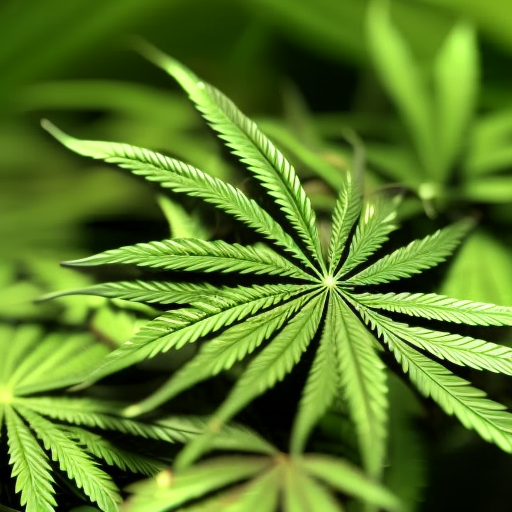
A recent study conducted in Massachusetts has found that the legalization of marijuana has not led to an increase in marijuana use among high school students. The study, which was published in the journal Clinical Therapeutics, surveyed students from two high schools in eastern Massachusetts in 2016 and 2018. The results showed that there were no statistically significant differences in the prevalence of past-30 day cannabis use before and after legalization.
However, the study did find that more students perceived their parents as cannabis consumers after the policy change. Before legalization, 82 percent of respondents reported that they believed their parents did not use marijuana. By 2018, this number had fallen slightly to 76 percent. Additionally, the perception that a parent uses cannabis rose from 18 percent to 24 percent after legalization.
The study also examined the perception of best friends’ cannabis use among students. In 2016, 31 percent of students said they perceived their best friend used marijuana, which increased to 36 percent in 2018. The study found that the likelihood of marijuana use was significantly higher among adolescents who reported perceiving that a parent, sibling, or best friend uses the drug.
Faith English, a doctoral candidate at the University of Massachusetts Amherst’s School of Public Health and Health Sciences and the lead author of the study, noted that it is not surprising that youth are influenced by their peers. However, this study was unique in that it examined the specific roles within a person’s social network and looked at changes before and after legalization.
Despite the slight increase in the perception of family or friends using marijuana, past-30 day use among adolescents did not meaningfully increase. The rates tracked with national numbers, with 19 percent of females and 27 percent of males reporting cannabis consumption within the past month in 2016. In 2018, those numbers were 20 percent and 28 percent, respectively.
The findings of this study are consistent with other research on the impact of marijuana legalization on youth use. A study conducted in Canada and published in the Journal of the American Medical Association found that young adults who used marijuana frequently before legalization showed significant reductions in use and consequences following the policy change. Additionally, federally funded research in the U.S. found that teen use of marijuana remained stable amid the legalization movement.
Overall, the evidence suggests that the legalization of marijuana has not led to a significant increase in youth cannabis use. While some studies have shown a slight increase in perception of family or friends using marijuana, actual usage rates have remained stable or even decreased. Moving forward, it is important to consider additional prevention and intervention strategies for youth who perceive their friends or family using marijuana.

